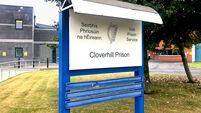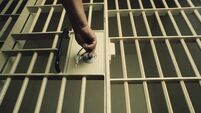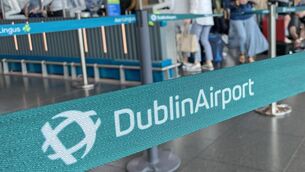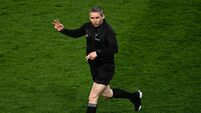Irish Examiner view: Cork Crime series prompts us to seek out the roots of criminality

On the first day of a two-day series, we are looking at crime data in Cork City along with commentary from a range of sources including a former garda sergeant. Picture: Dan Linehan/Irish Examiner Archive
We wrote on these pages only in recent days about dodgy boxes, and how they constitute thievery; what might seem acceptable, maybe harmless to some is, regardless, illegal.
















